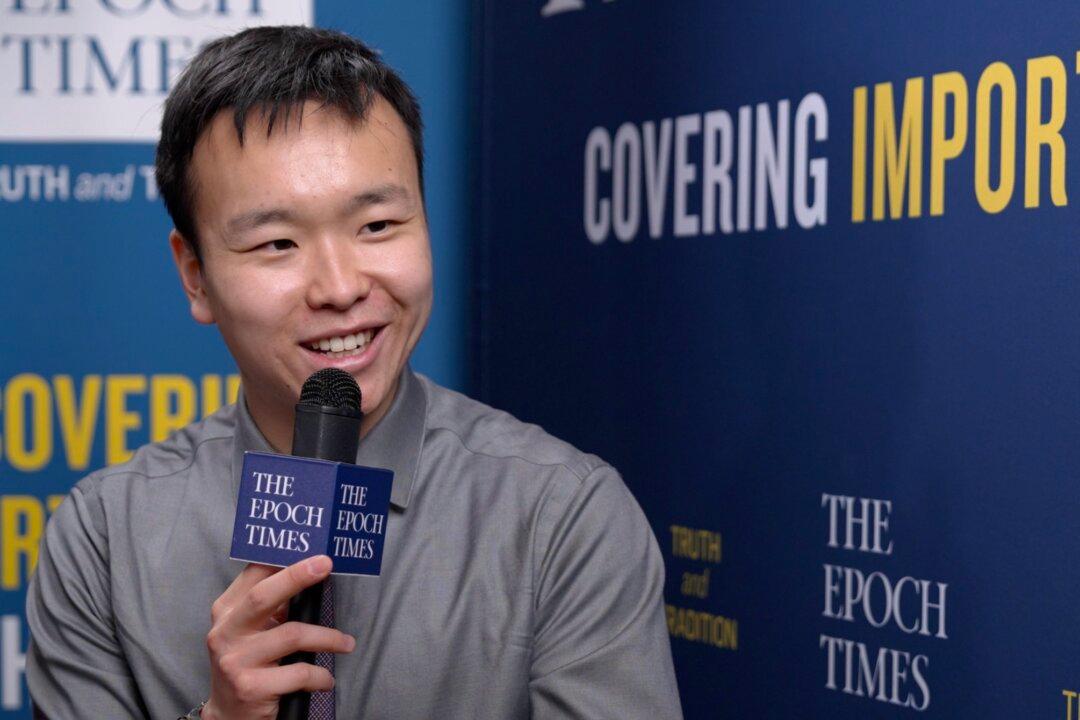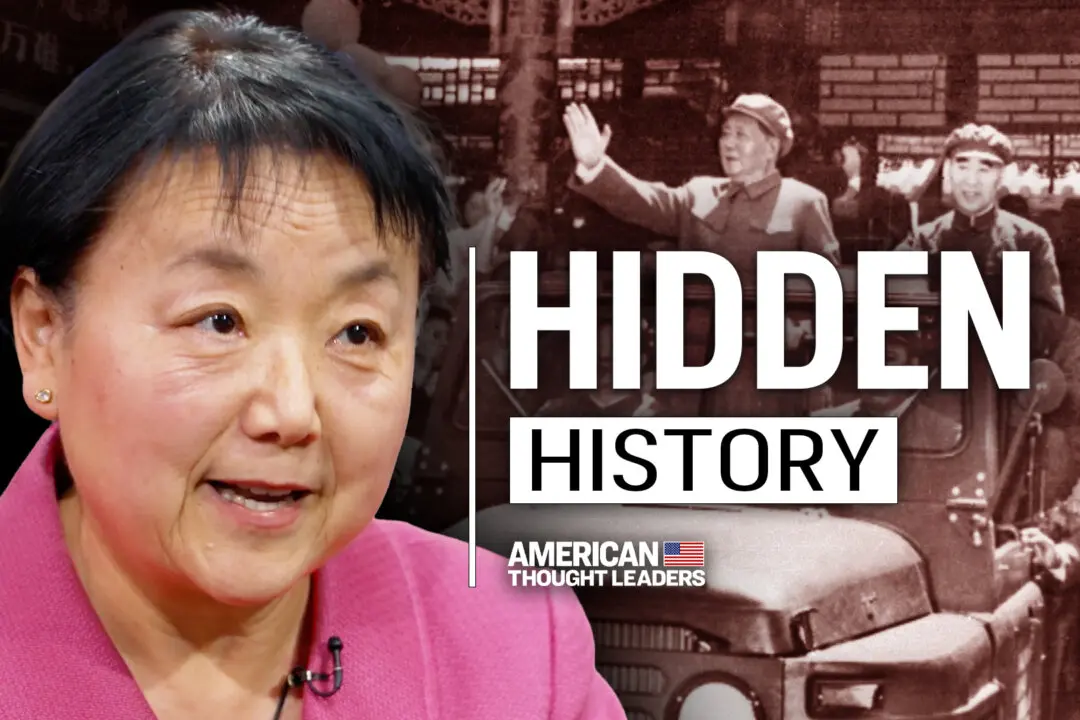Amid wide-ranging efforts, from the White House to America’s top universities, to progress social equality, American-Chinese author Kenny Xu said he believes the NFL and NBA are prime examples of why artificially inflating racial equality doesn’t work in the best interests of any group.
He pointed to the two sports as representing segments of American society that have not been pressured to fill race quotas like some educational institutions.






